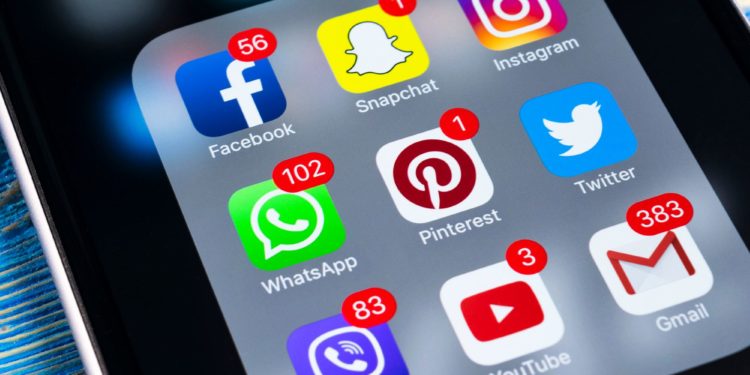Nigeria has announced plans to regulate internet companies like Facebook, WhatsApp, Instagram (all owned by Meta), Twitter, Google and TikTok in a draft shared by the country’s internet regulator.
The internet regulator claims that these conditions are aimed at “protecting fundamental human rights of people living in the country” as well as “define guidelines for interacting on the digital ecosystem.”
They include:
- Establish a legal entity; in other words, register with the country’s Corporate Affairs Commission (CAC).
- Appoint a designated country representative to interface with Nigerian authorities.
- Abide by all regulatory demands after establishing a legal presence.
- Comply with all applicable tax obligations on its operations under Nigerian law.
- Provide a comprehensive compliance mechanism to avoid publication of prohibited content[s] and unethical behaviour on their platform.
- Provide information to authorities on harmful accounts, suspected botnets, troll groups, and other coordinated disinformation networks and delete any information that violates Nigerian law within an agreed time.
“The new global reality is that the activities conducted on these online platforms wield enormous influence over our society, social interaction and economic choices. Hence, the Code of Practice is an intervention to recalibrate the relationship of online platforms with Nigerians in order to maximise mutual benefits for our nation,” Hadiza Umar, the agency’s head of corporate affairs, said in the press statement.
Just six months ago, the country lifted the ban on Twitter, six months after it first declared a crackdown on the social media giant in the country.
According to a memo written by Kashifu Inuwa Abdullahi, the director-general of NITDA to the president, Muhammadu Buhari, at the time, one of the three conditions Twitter agreed to — for its reinstatement — was setting up “a legal entity in the country during the first quarter of 2022.”
The others included paying taxes locally and cooperating with the Nigerian government to regulate content and harmful tweets. However, none of the conditions has been met yet.
See Also:




